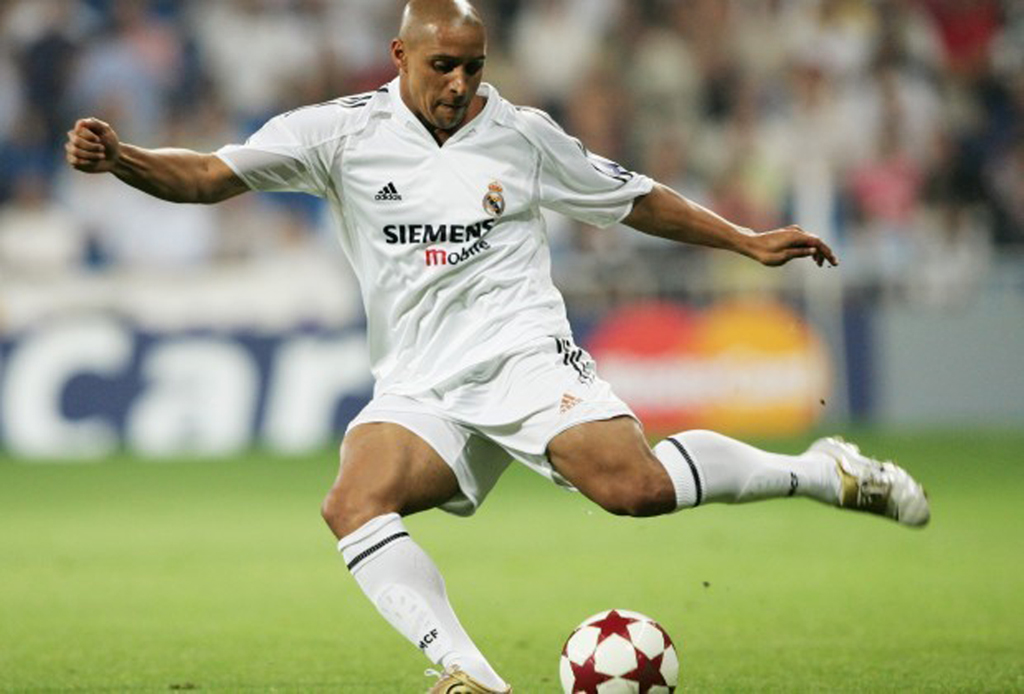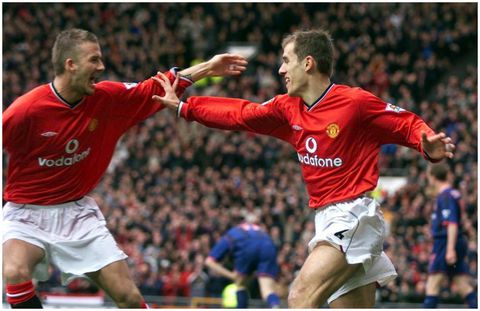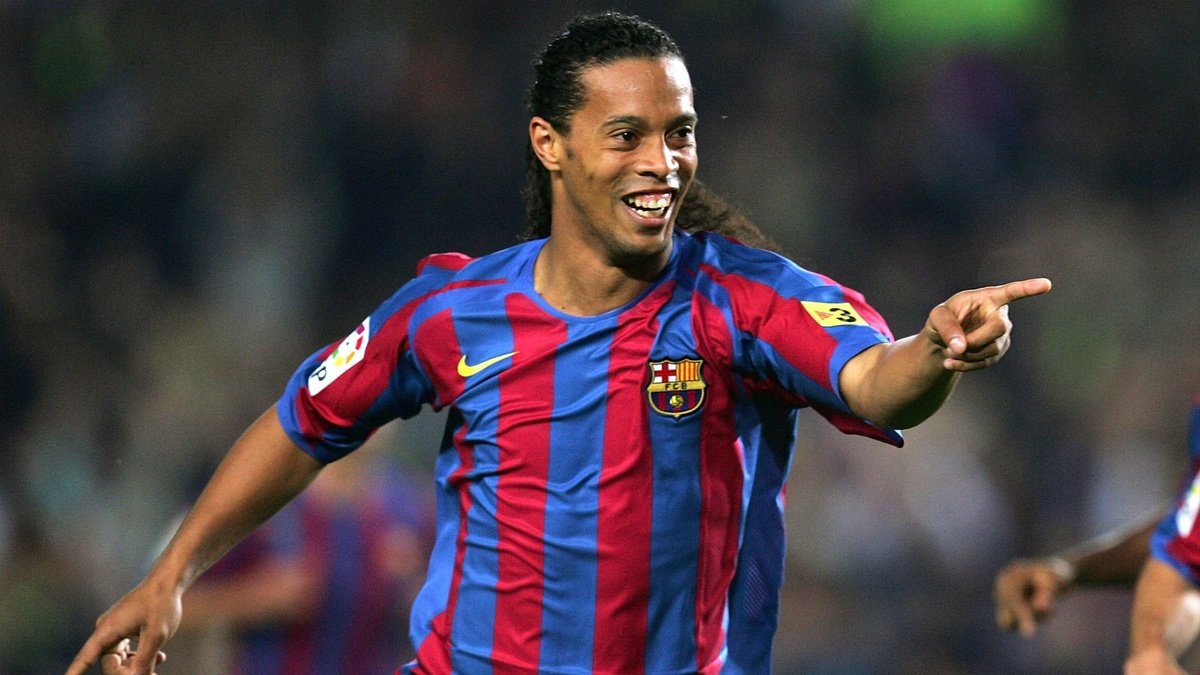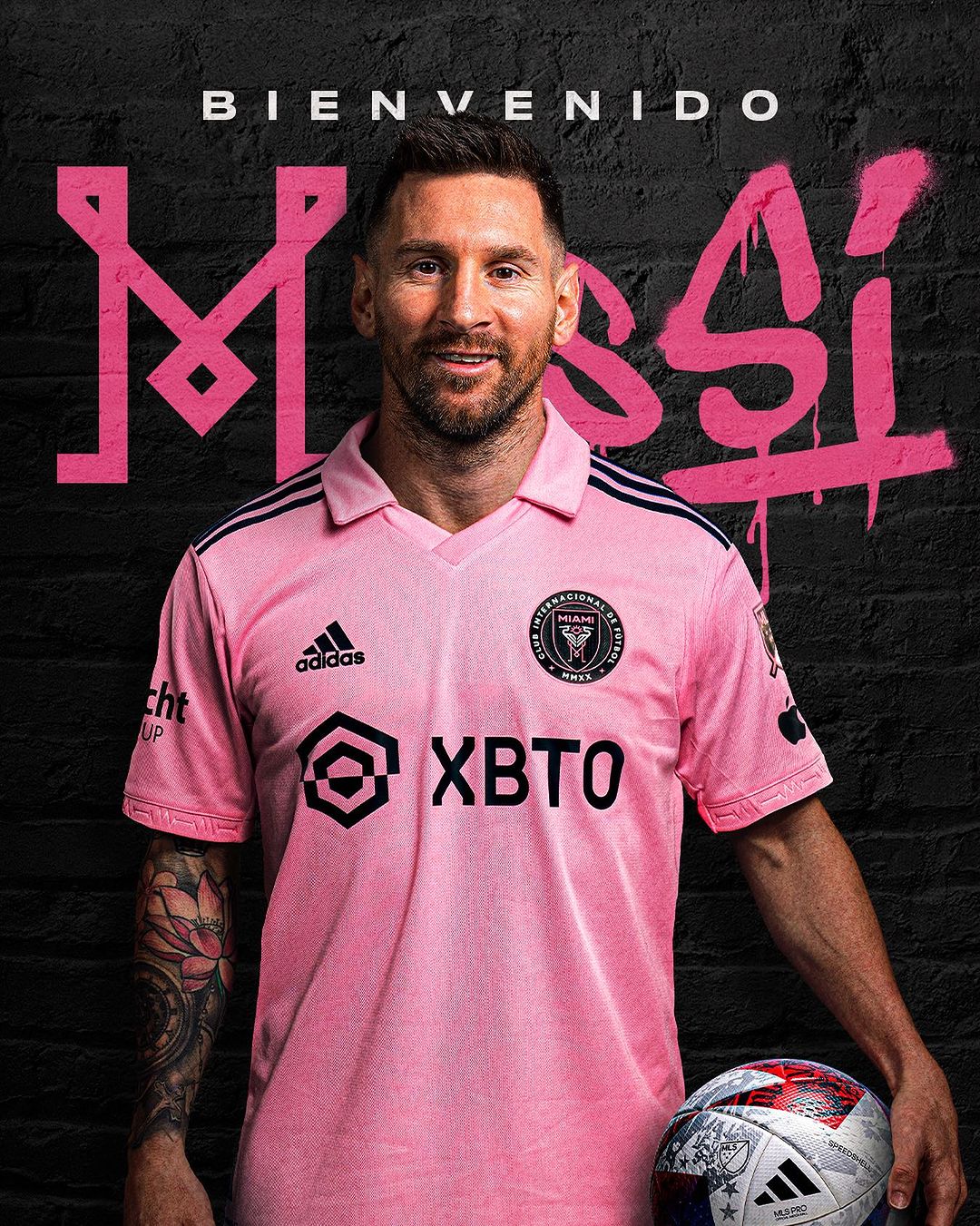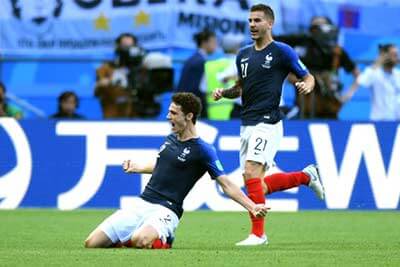Germany’s triumph at the 2023 European U17 Championship was fuelled in part by the virtual reality training experienced by their players. In exclusive interviews with Sky Sports, head coach Christian Wuck and head of intelligence Sebastian Koppers explain…
Germany’s win over France in the final of the European U17 Championship in Budapest this summer was their first at that tournament in 14 years. It was achieved, in part, as a result of their innovative approach to player development.
As a result of great teamwork throughout the federation, virtual reality has been integrated into Germany’s training programme. A small group of players had been exposed to additional work with VR glasses to improve their awareness. Ten of that group were on the pitch as they became European champions.
It is a recognition of the importance of scanning – the head movements before receiving possession of the ball that give players vital information about their position on the field in relation to everyone else and the options that are available to them.
The Germany U17 team line up ahead of the European Championship final in Budapest
Image:
The Germany U17 team line up ahead of the European Championship final in Budapest
“Maybe it is the most important thing because the game is so much faster than 10 years ago,”
“Decision-making is very important and the players can only make good decisions if they know where everyone is. We want to develop players who embody the German mentality. Of course, this includes athletics. But people come to the stadium to enjoy technical, beautiful, fast football. So in addition to the mentality of wanting to win, this also includes intelligent players.
“Playing intelligently can save a tremendous amount of time in making the right decisions. Games can be won this way. It is as important as technical and tactical training. You can only develop the technical and the tactical if you have the cognitive skills. It is the difference between a good player and a perfect player.”
European Championship, Germany – France, final round, final at Hidegkuti Nandor Stadium, Christian Wuck, coach of Germany, cheers with goalkeeper Max Schmitt after the match.
Image:
Christian Wuck celebrates with goalkeeper Max Schmitt after winning the final
Wuck is the coach who guided Germany to glory in Hungary. The process of training players with virtual reality technology supplied by Be Your Best began two-and-a-half years ago, initially being used with the U16 groups because there was less tournament pressure.
It was introduced at a training camp in Spain. Each player used it for 15 minutes every day of that 12-day camp. They were then allowed to take the glasses home with them. Two training games – before and after using VR for a certain time – helped illustrate its potential.
“We had three cameras record a training game there to quantitatively measure the head movements. This was our starting point,” explains Wuck. “Eighty per cent of the players had more head movements and took up better positions in the second game.”
BeYourBest virtual reality software is being used by clubs such as Borussia Dortmund to improve awareness
Image:
BeYourBest virtual reality software is being used to improve awareness
Sebastian Koppers is the head of intelligence and solution centre at the German FA (DFB). The job was to help establish if it worked.
“We used forward passes as a proxy for better decision-making,” Koppers tells Sky Sports. “It was a very simple study. Nothing you could publish in a scientific journal. But it was the first piece of evidence to see whether we felt it could help us or we should use the time doing something else.”
Time is the enemy for coaches, particularly at international level. It is a constraint on these innovative ideas but in the case of virtual reality it is also part of the explanation why it is viewed as so rich in potential. It is a way to do extra work without straining the body.
“We are always thinking about load control,” says Wuck. “I think we are just about at the limit now with physical and athletic training with the young boys and girls. So we are thinking more and more about what we can do with them individually.
“There are so many games, so many training sessions. We cannot do more athletically with the players but we can do more with the head. One possibility is cognitive work. Virtual reality is another percentage point of performance and can become very important.”
It is interesting that the response from young players is not uniform. That can be explained by the fact that the top clubs in Germany are ahead of the game. “Bayern Munich, Borussia Dortmund and RB Leipzig were very fast with this technology and we are in constant conversation on the topic, learning from one another,” adds Wuck.
“The players at the biggest clubs tell us that it is more fun to go in football simulators at their clubs because that is more like playing football. But there are not so many clubs with this technology so the VR glasses are a good opportunity for them.”
European Championship, Germany – France, final round, U17 final at Hidegkuti Nandor Stadium, the German team warms up before the match.
Image:
Germany’s U17 side prepare ahead of their European Championship final
Crucially, there might be a correlation between those who excel on the pitch and those who excel in the virtual realm. “We have found that players who have good orientation on the pitch are also good with the VR glasses. Our best players are the best at both.”
There is a feeling that virtual reality is at five per cent of where it could go, so vast is the potential. It could be a visualisation tool to prepare for the specific tactical plans of the next opponent, mimicking patterns of play that the players will encounter.
“It could help injured players prepare to get back on the pitch,” suggests Wuck. “If they cannot train, maybe they can still train with the VR glasses. Maybe it could be used at half-time.” That could potentially be more effective than a jog down the touchline.
Whatever the future holds, the challenge for football is to be prepared. “We think it can be powerful and we want to be ready,” adds Koppers. “The whole ethos of the DFB academy mindset is to have a culture of being open to find answers to these questions.”
Success this summer could be just the start.



